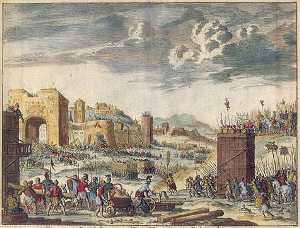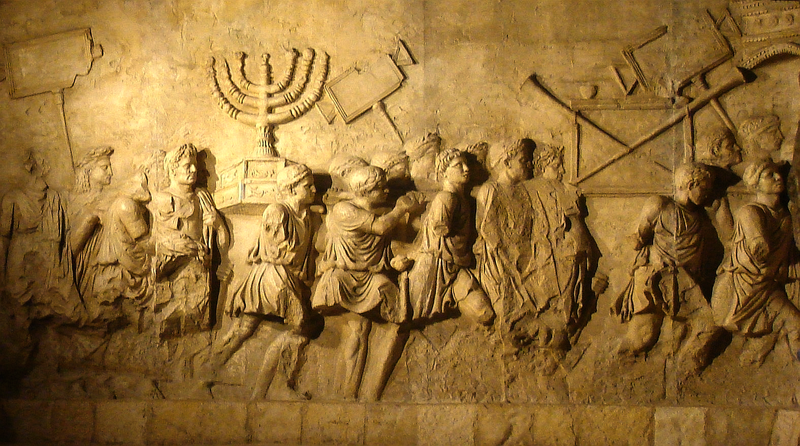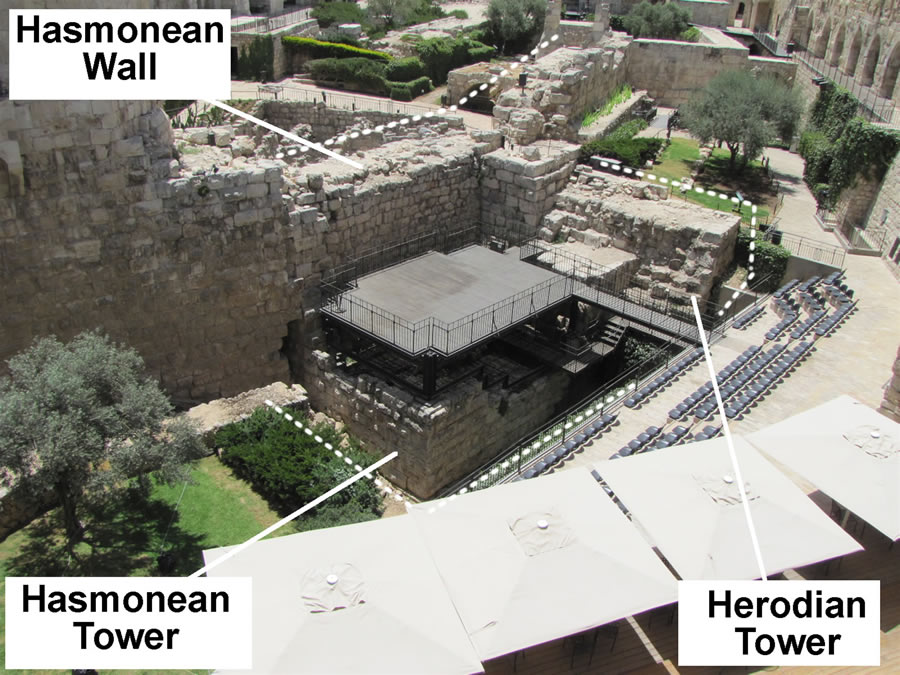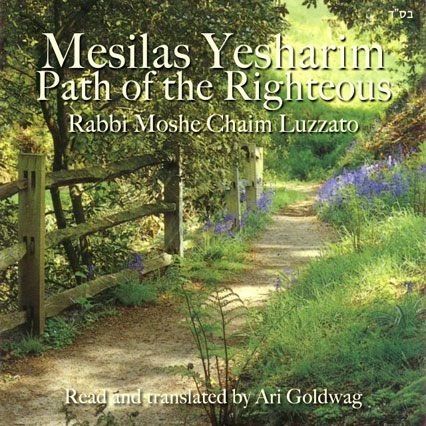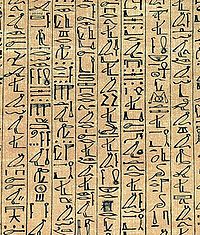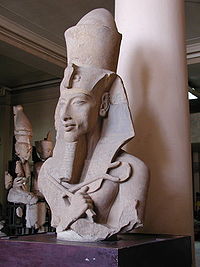
Ancient Egypt is divided into three epochs: the Old Kingdom, the Middle Kingdom and the New Empire. These are relatively arbitrary divisions made by modern-day historians to enable us to better deal with essentially 1,400-1,500 years of history.
The New Empire Egyptians were xenophobic, narrow, provincial and lacked all tolerance of foreigners. Aliens whom they did not expel they enslaved. Not surprisingly, then, it was under the New Empire that the enslavement of the Jewish people occurred. Of course, they were by no means the only enslaved people in Egypt. Everyone not Egyptian was considered inferior; their purpose was to be enslaved and abused. That is why when the Jews left Egypt a “mixed multitude” went out with them (Exodus 12:38). These were groups of other peoples who were also enslaved.
The New Empire brought along with it a new type of Pharaoh, who not only claimed to be a god, but who did not hand the government over to a viceroy. They were a breed of aggressive, forceful, warrior-like personalities who at the same time were able administrators. They were not satisfied with the wealth of Egypt and that the whole world came to them. They wanted to take over the whole world. They were the first great imperialists. That is why it is called the New Empire. The other ones were called “Kingdoms.”
Empires existed before Egypt’s, but they were small city-states. If one city-state defeated another in a war they usually burned the entire city. They did not want convert the defeated city into one of their own. They did not have the manpower or imperial governing infrastructure. Not so the Egyptians. When they came they stayed. They colonized all of their conquests. That is the idea of empire.
Another characteristic of the New Empire was growing intolerance for any people or ideology unlike its own.
Despite obvious drawbacks, one of the advantages of paganism was a tendency toward religious tolerance. If you accept 100 gods it is no big deal to accept 101 gods. Monotheism is not like that. It is often exclusive. Consequently, the wars of monotheism tended to last longer and were bitterer.
Ancient Egypt always had a pantheon of gods — until the Pharaoh Akhenaten. He is sometimes mistakenly thought of as a monotheist. However, he did not believe in one God who created everything. Rather he imposed belief in one god over all Egypt, the sun-god. He destroyed all the gods except the sun-god.
It can be said that he was the first Pharaoh who was a religious fanatic. He would brook no deviation from his definition of what religion should be. He bred in Egyptian consciousness an exclusivity of belief. Beforehand, it was the Egyptians vs. the non-Egyptians. That exists in every society: the citizens vs. the aliens. Akhenaten added a new dimension: the state religion vs. every other religious belief.
This was a dangerous new dimension that the Jewish people would eventually suffer terribly from. The religion of the Jewish people – not just the people themselves – would become anathema to the Egyptian people. Akhenaten introduced this possibility. Even after he died, and Egypt reverted back to belief in paganism, it retained the seed of intolerance planted in it by Akhenaten.


